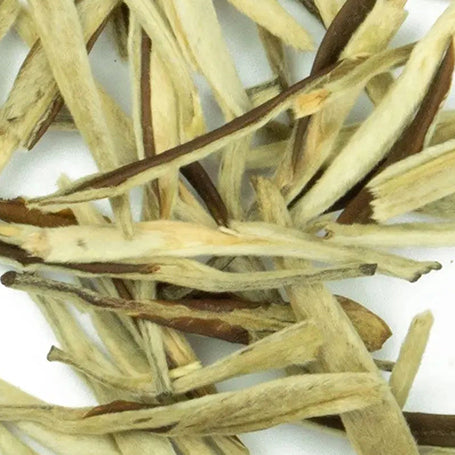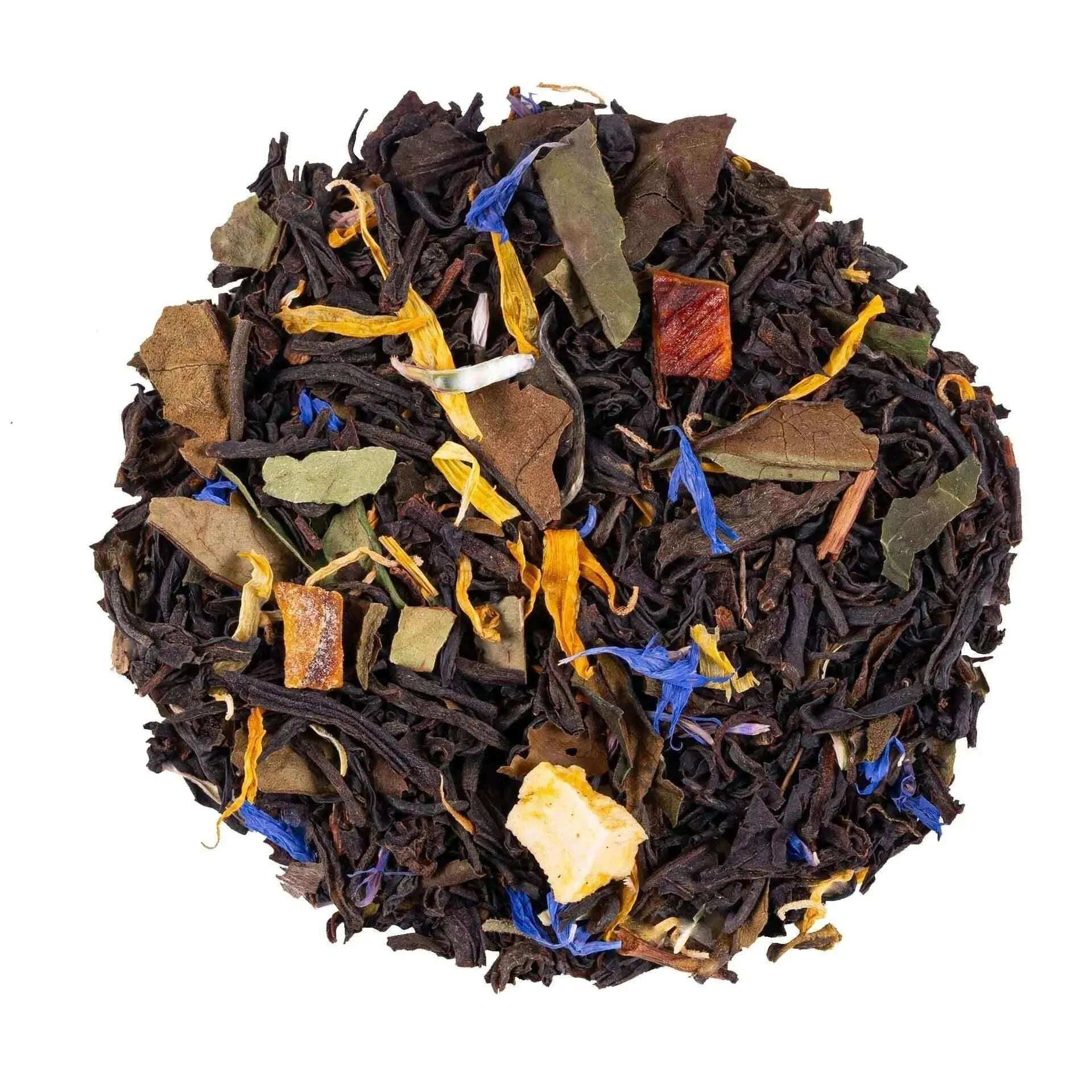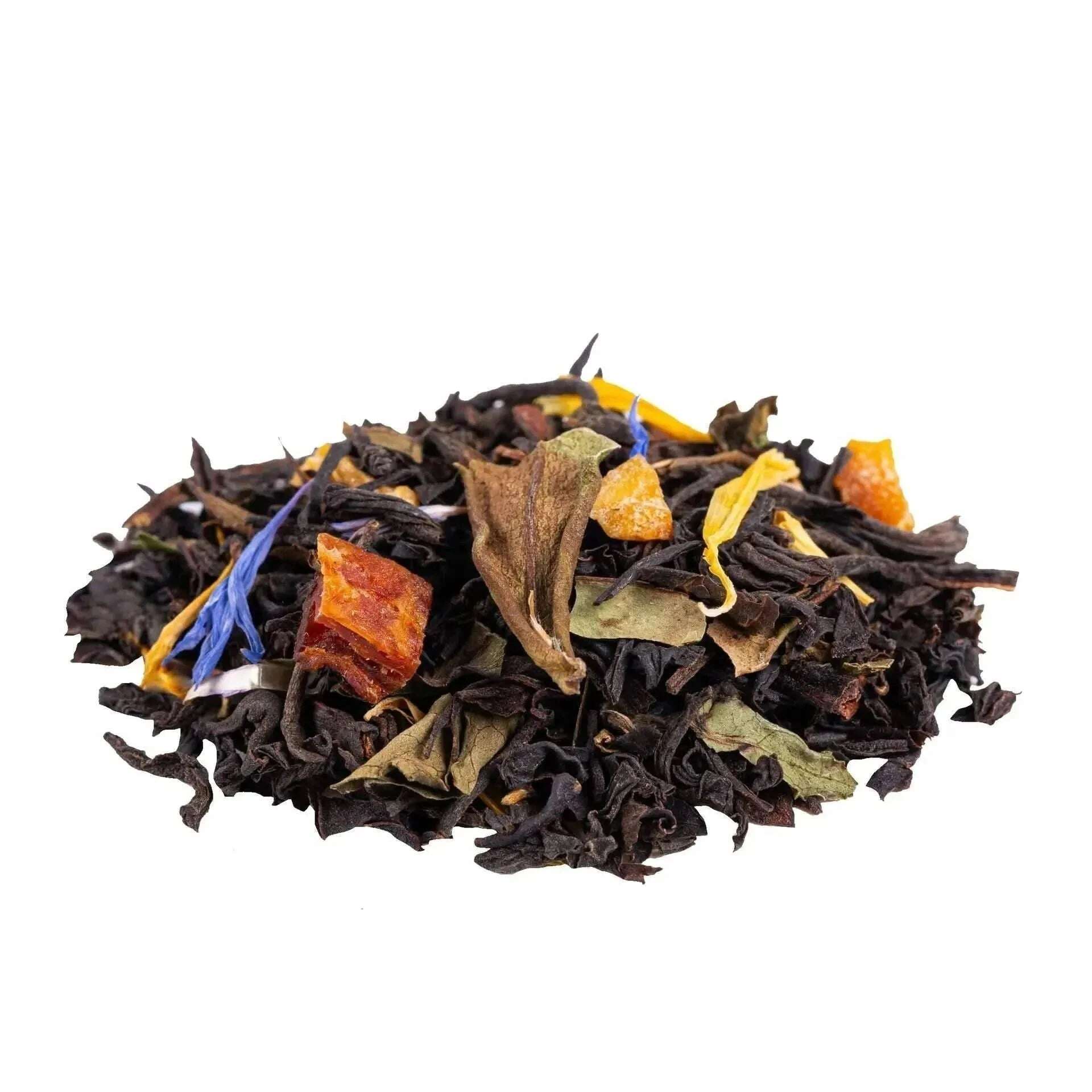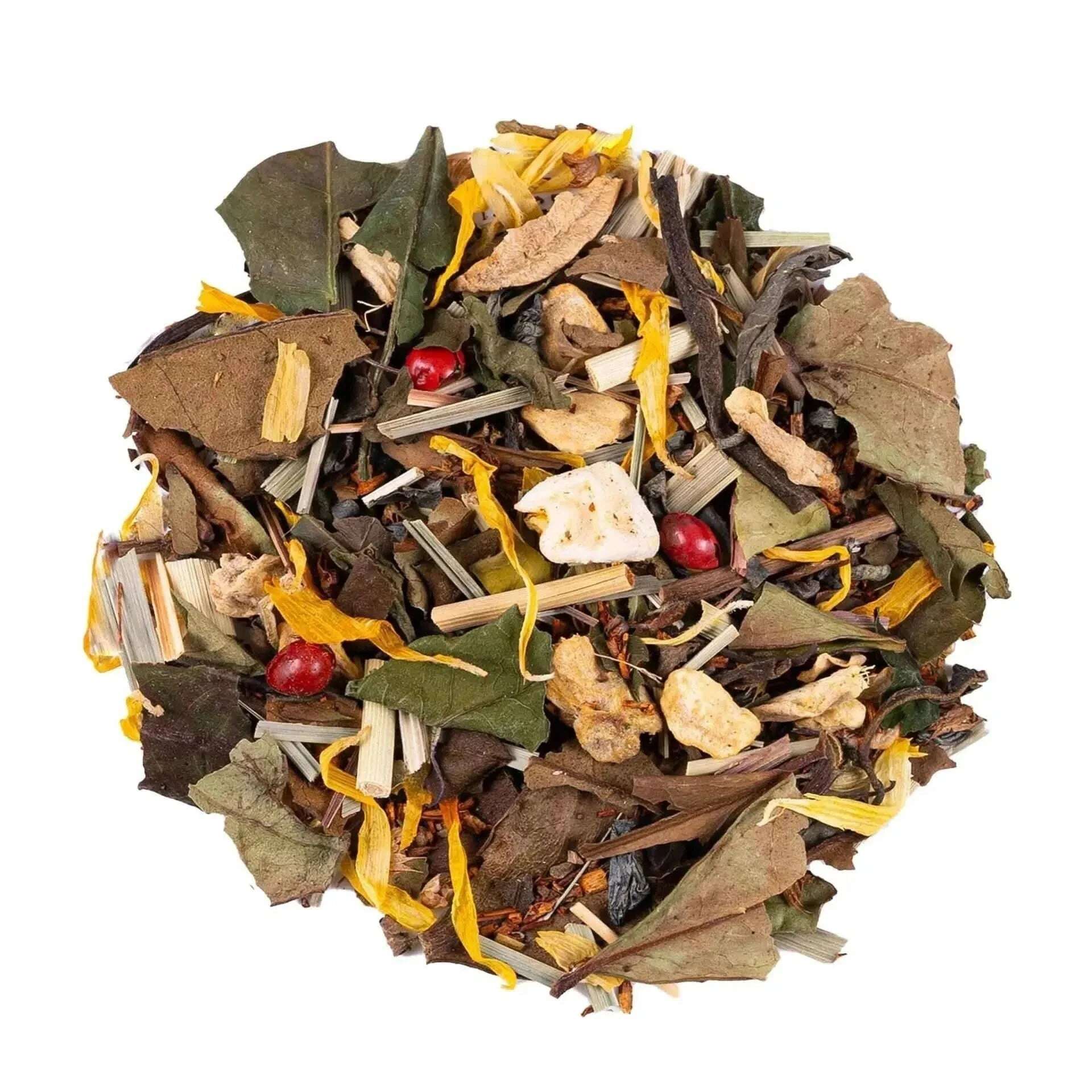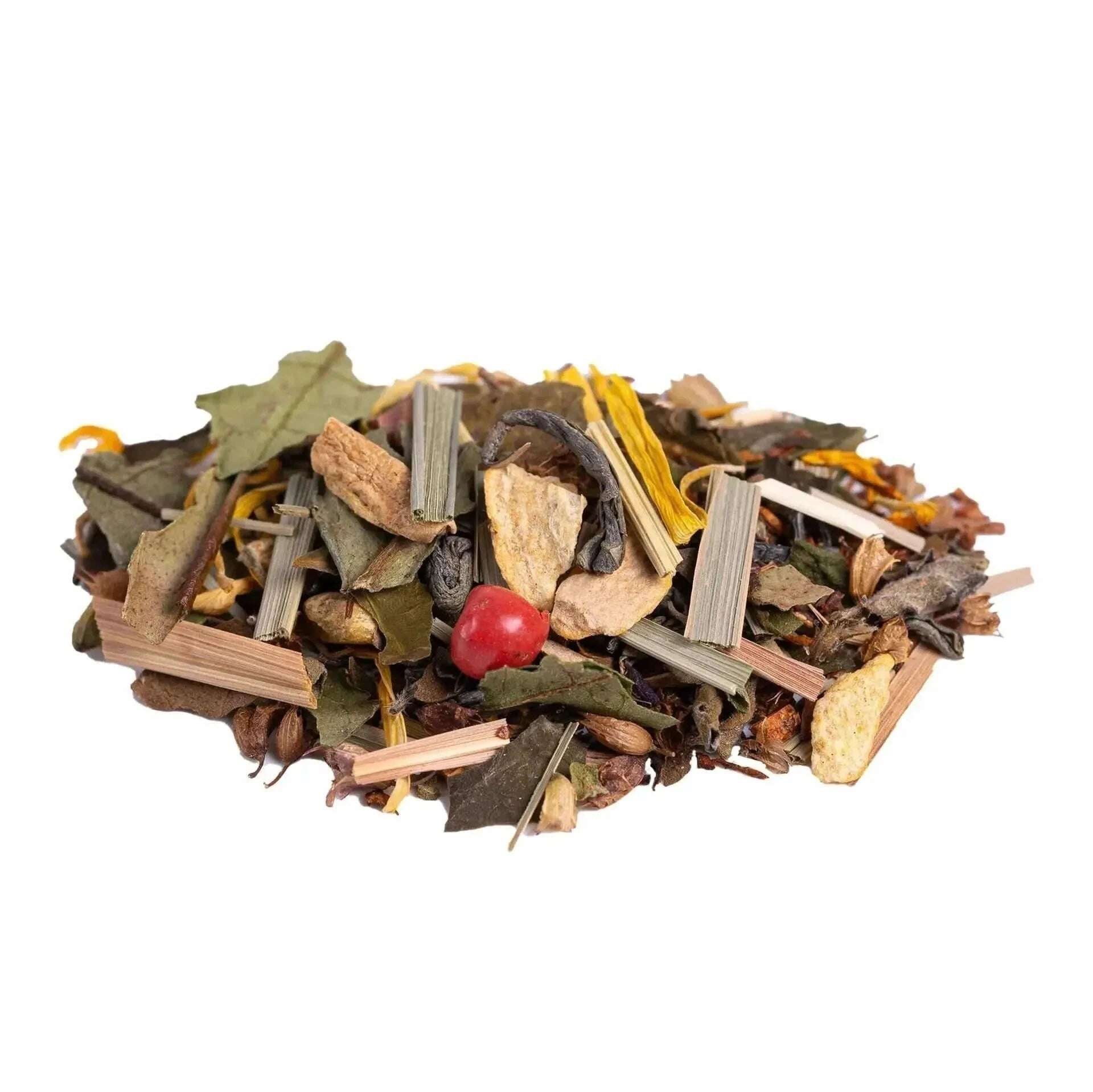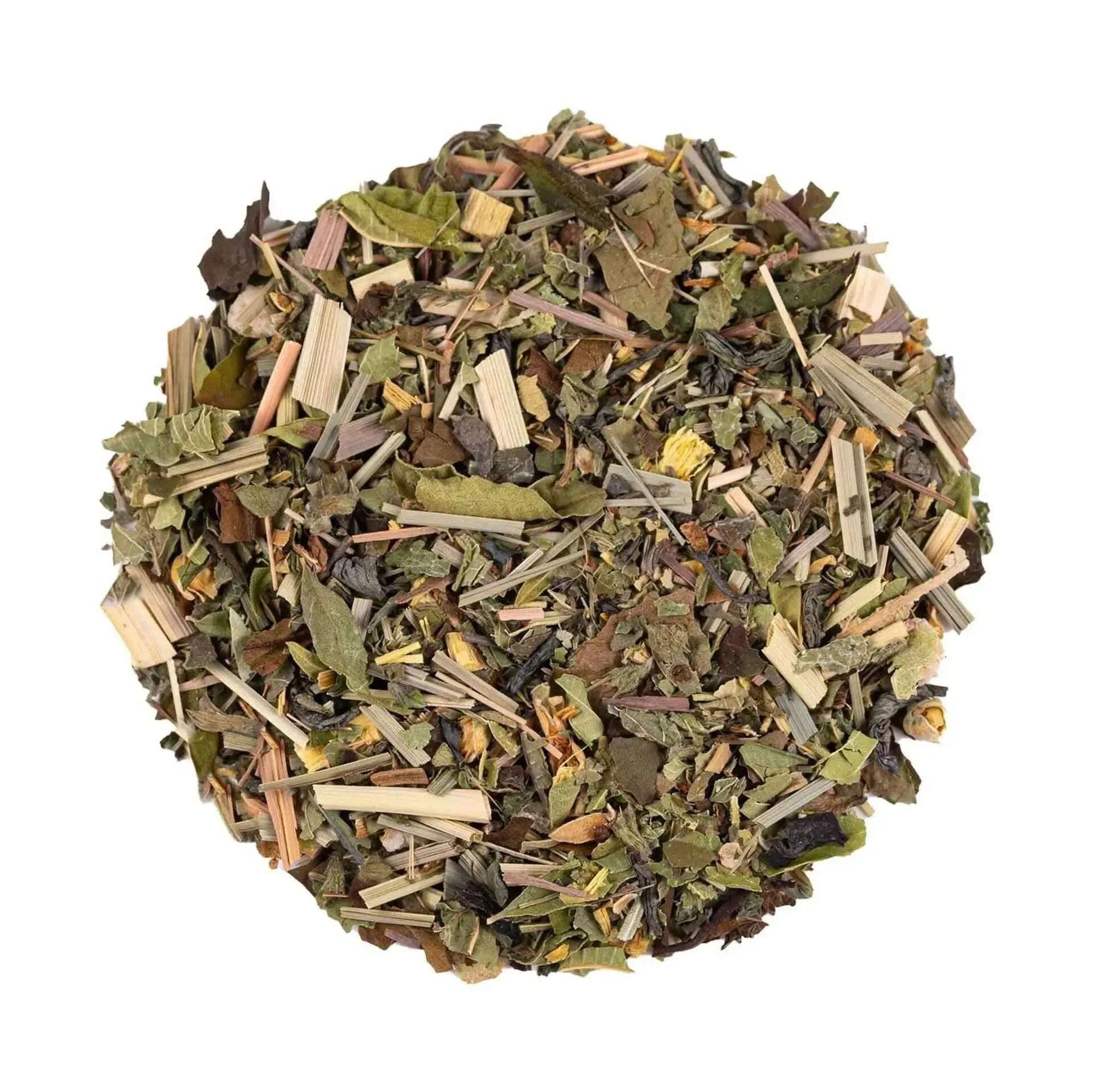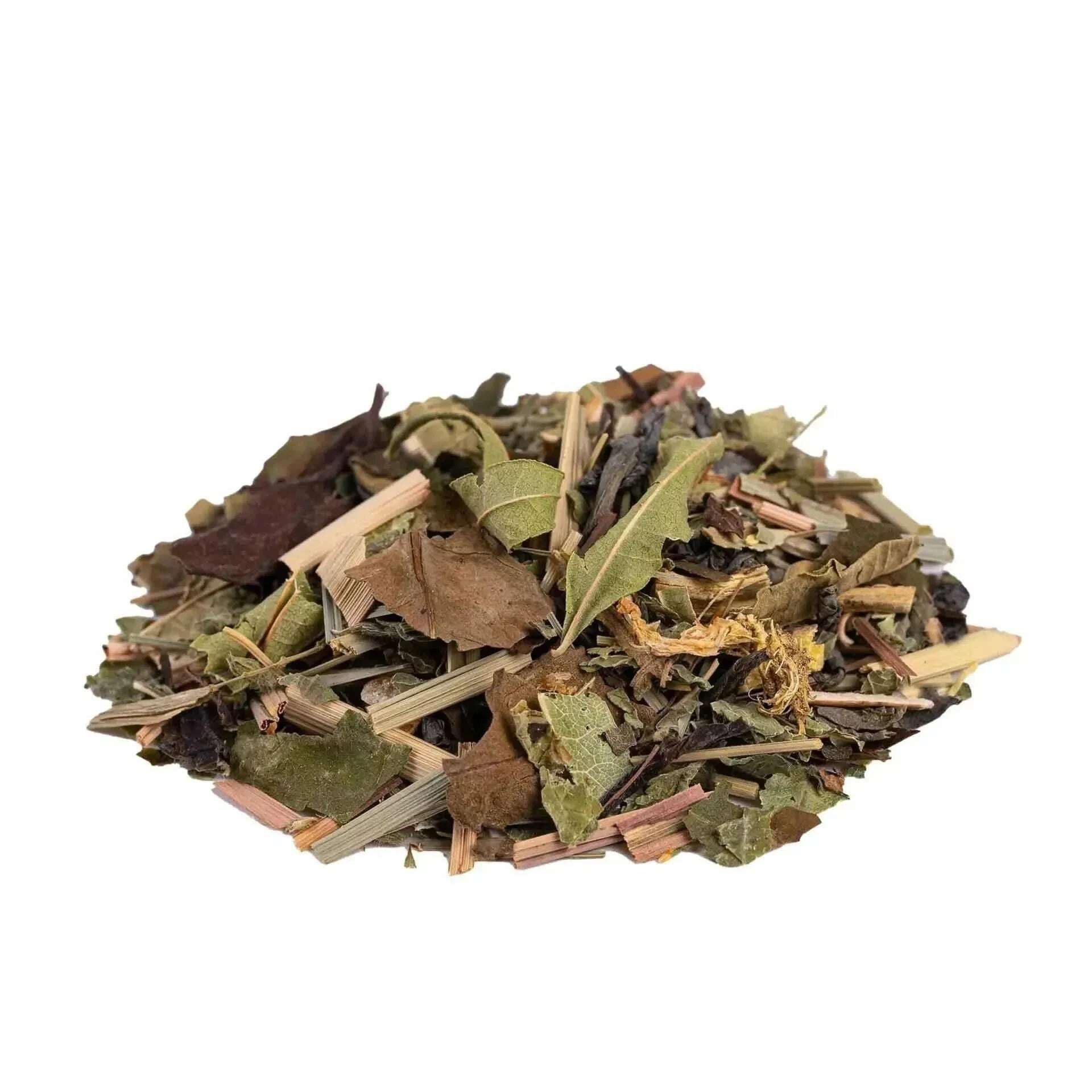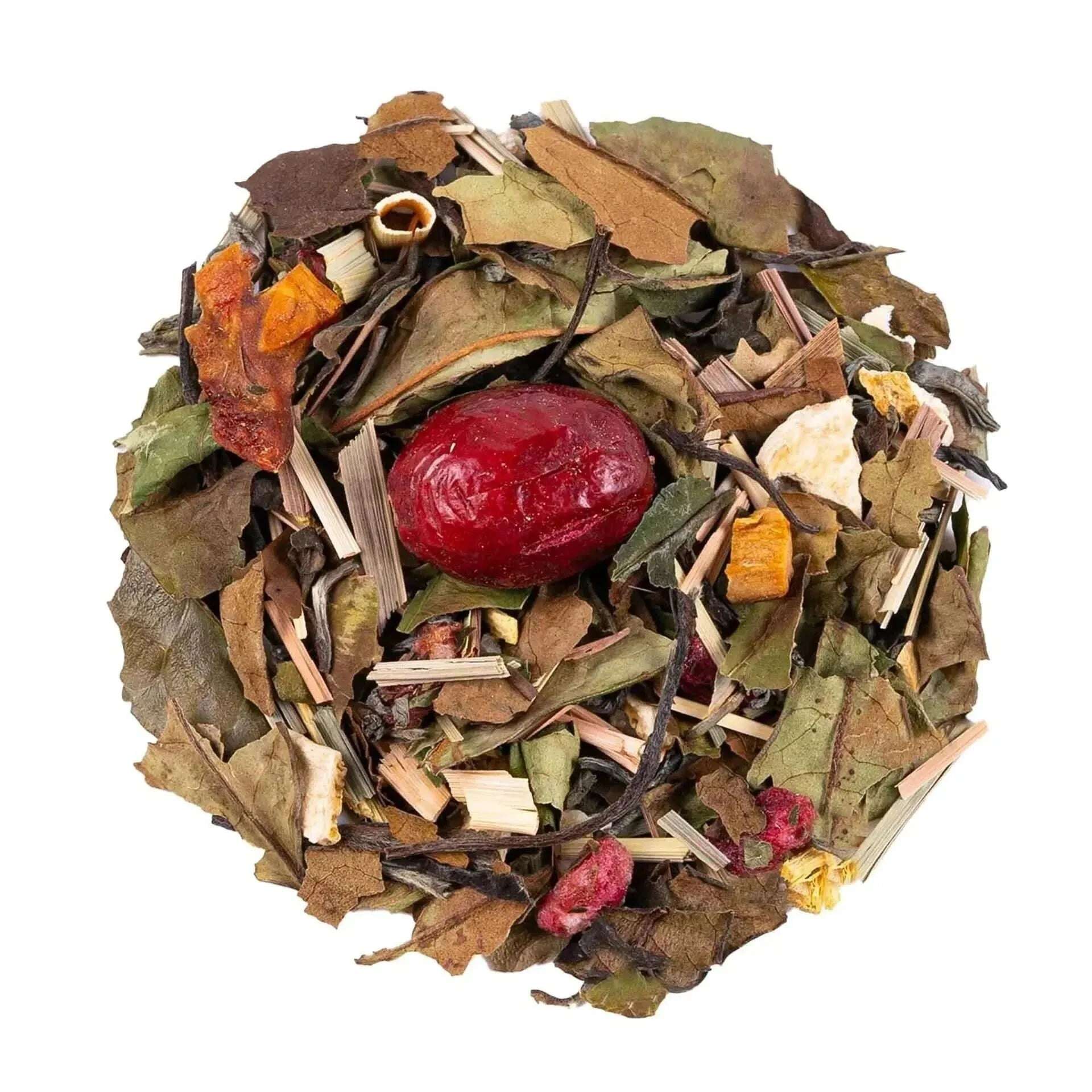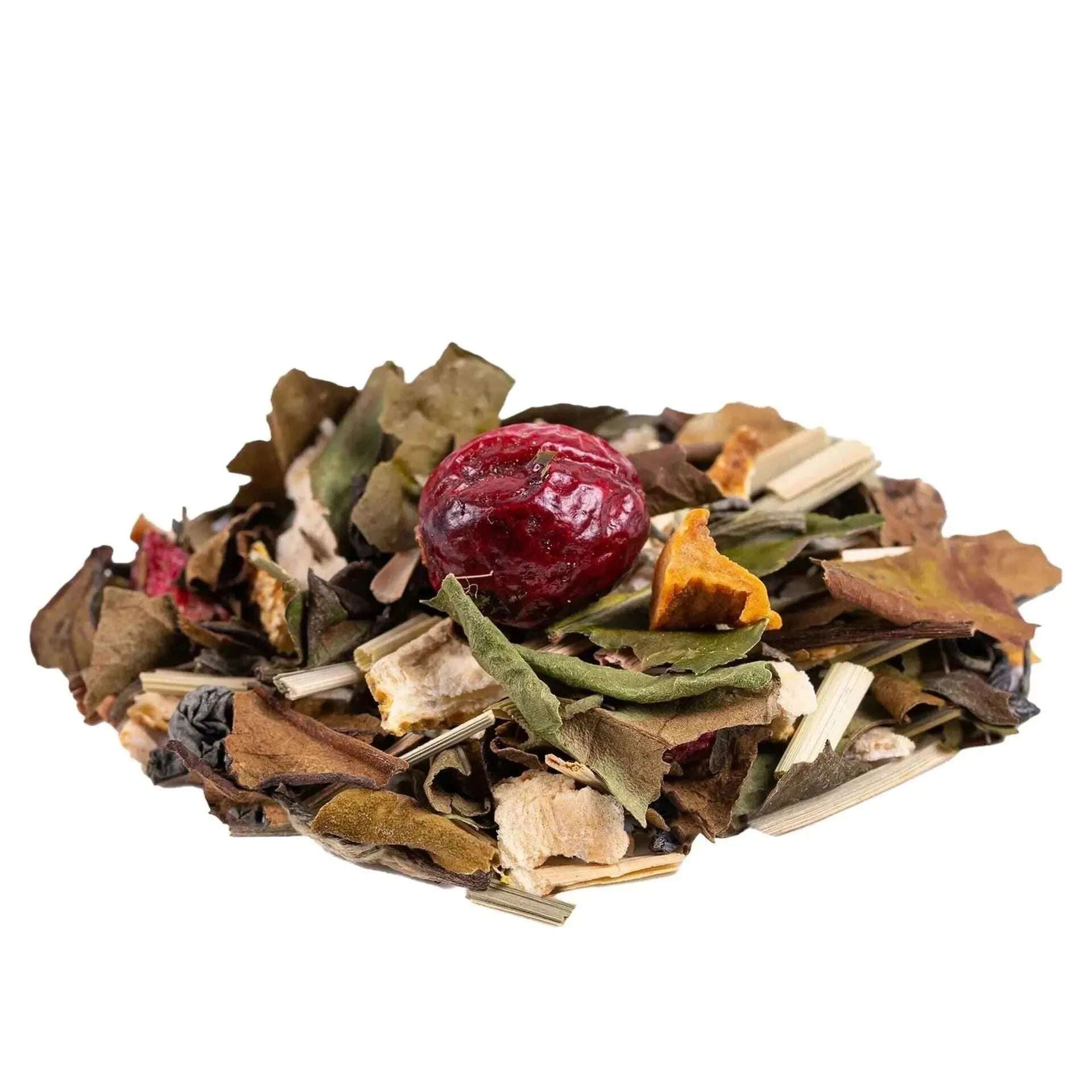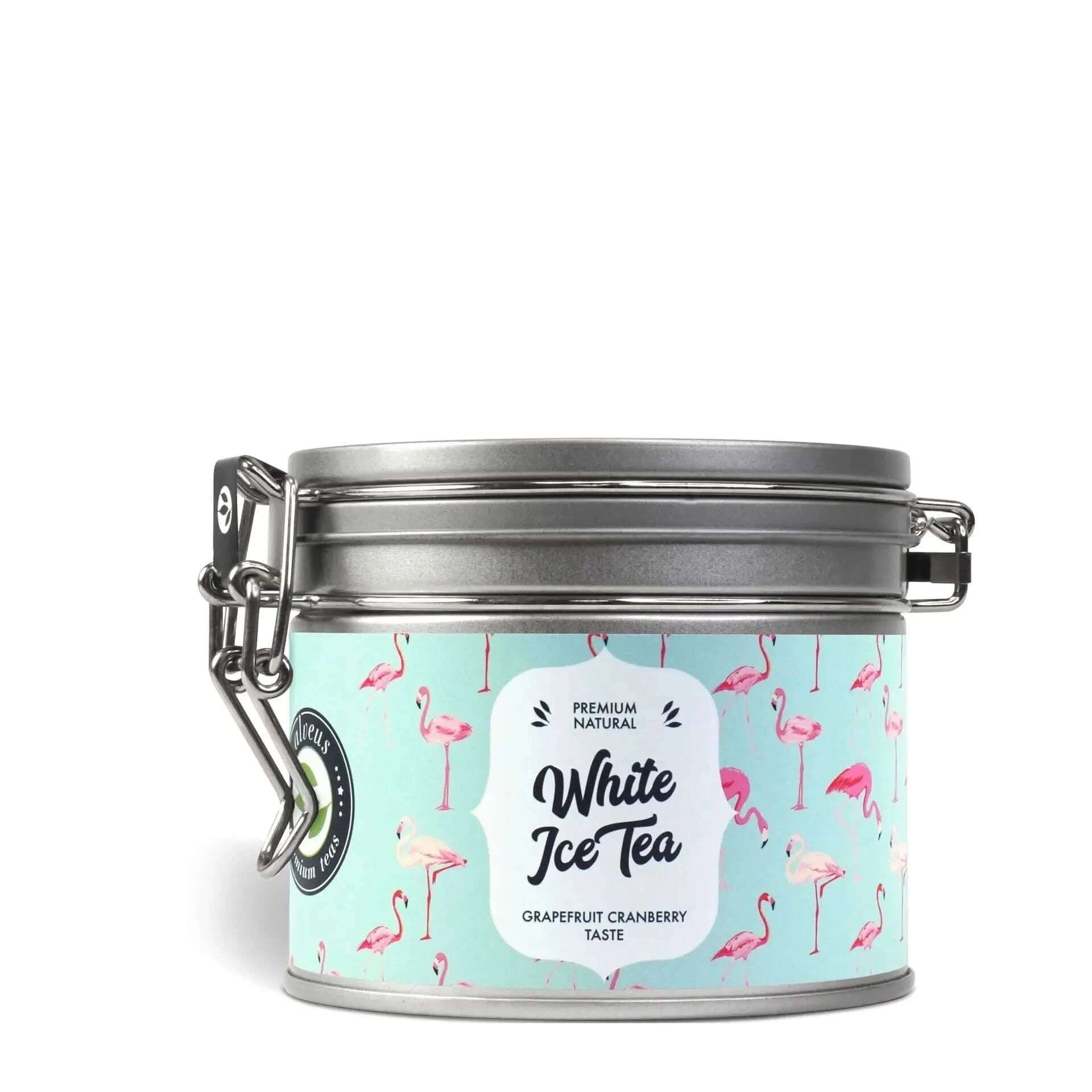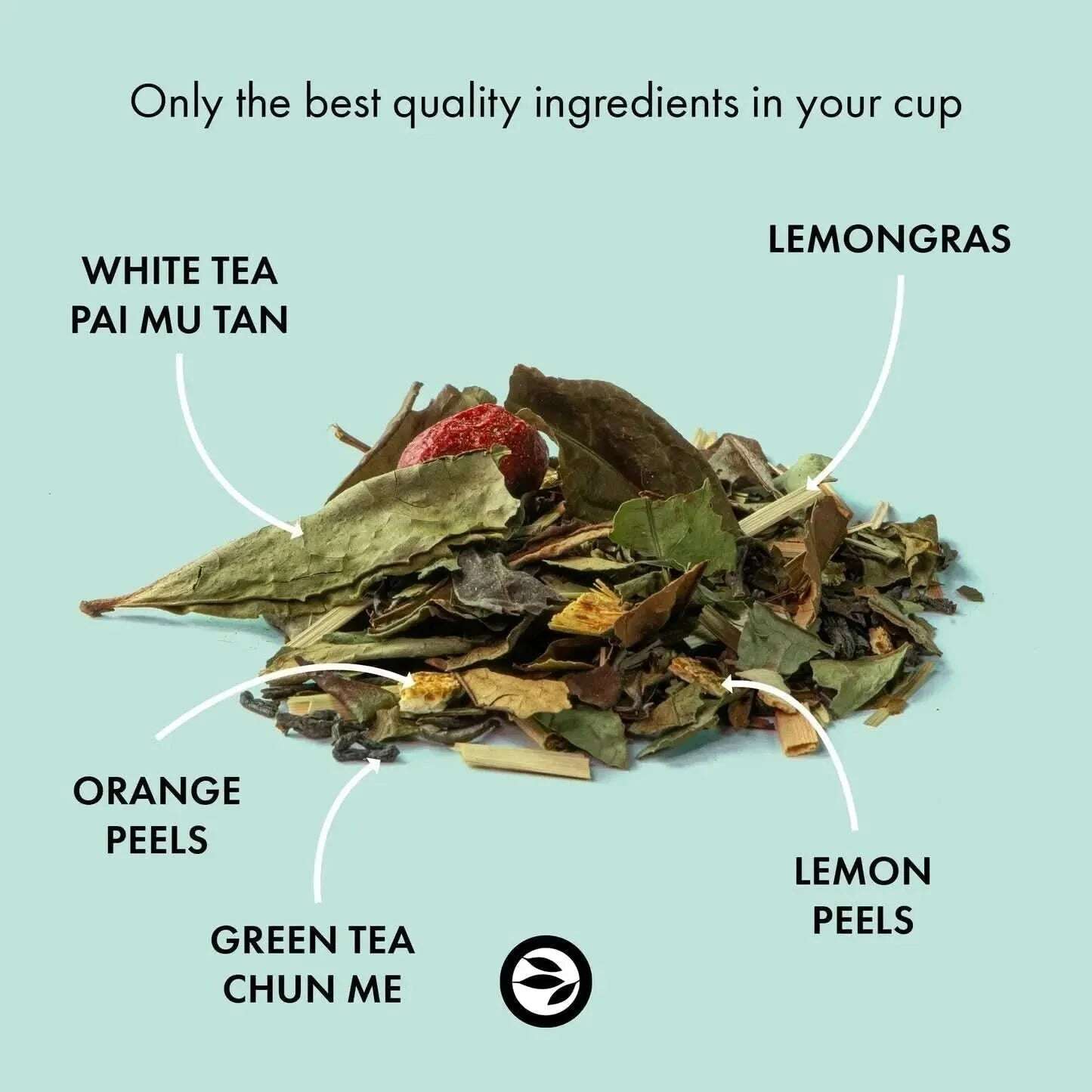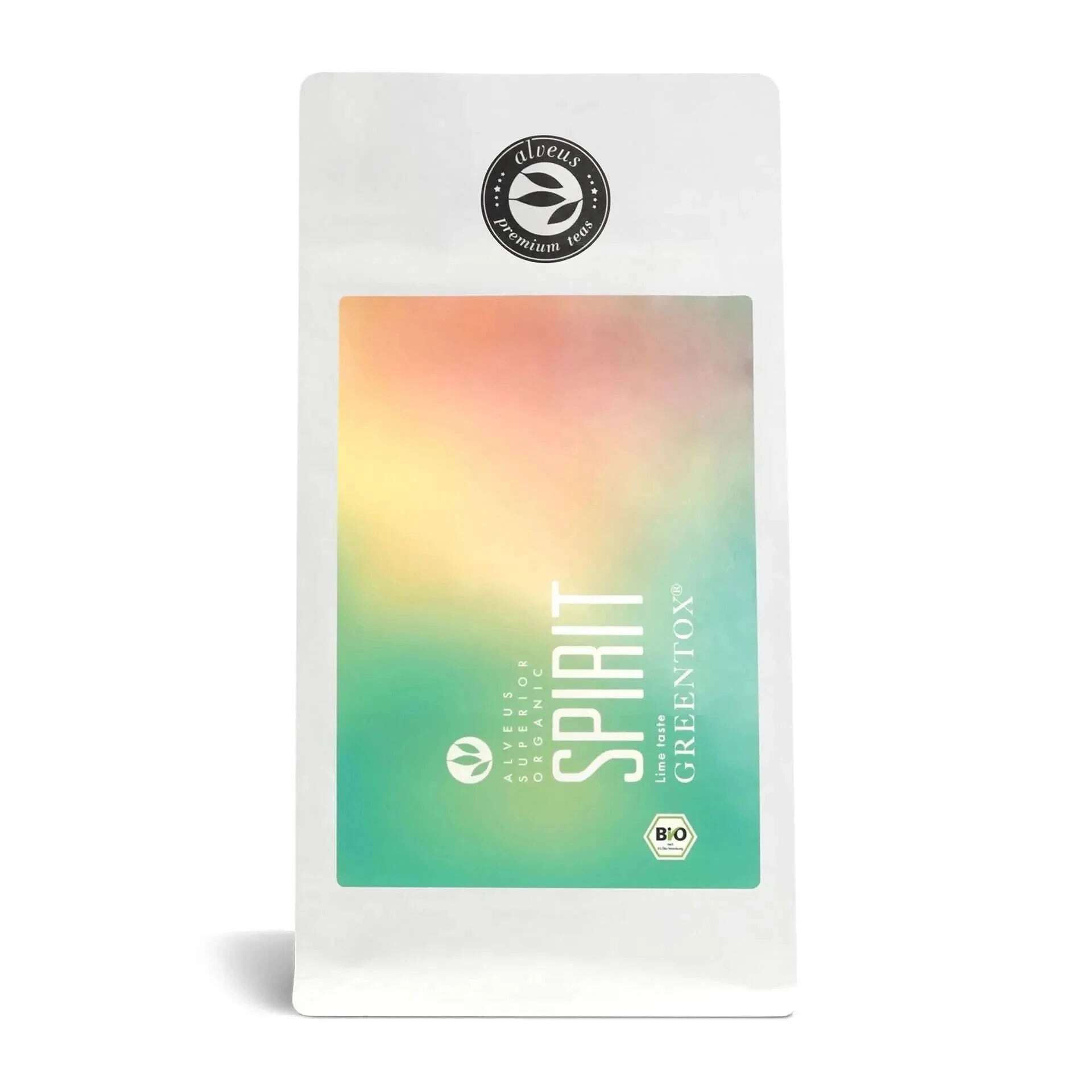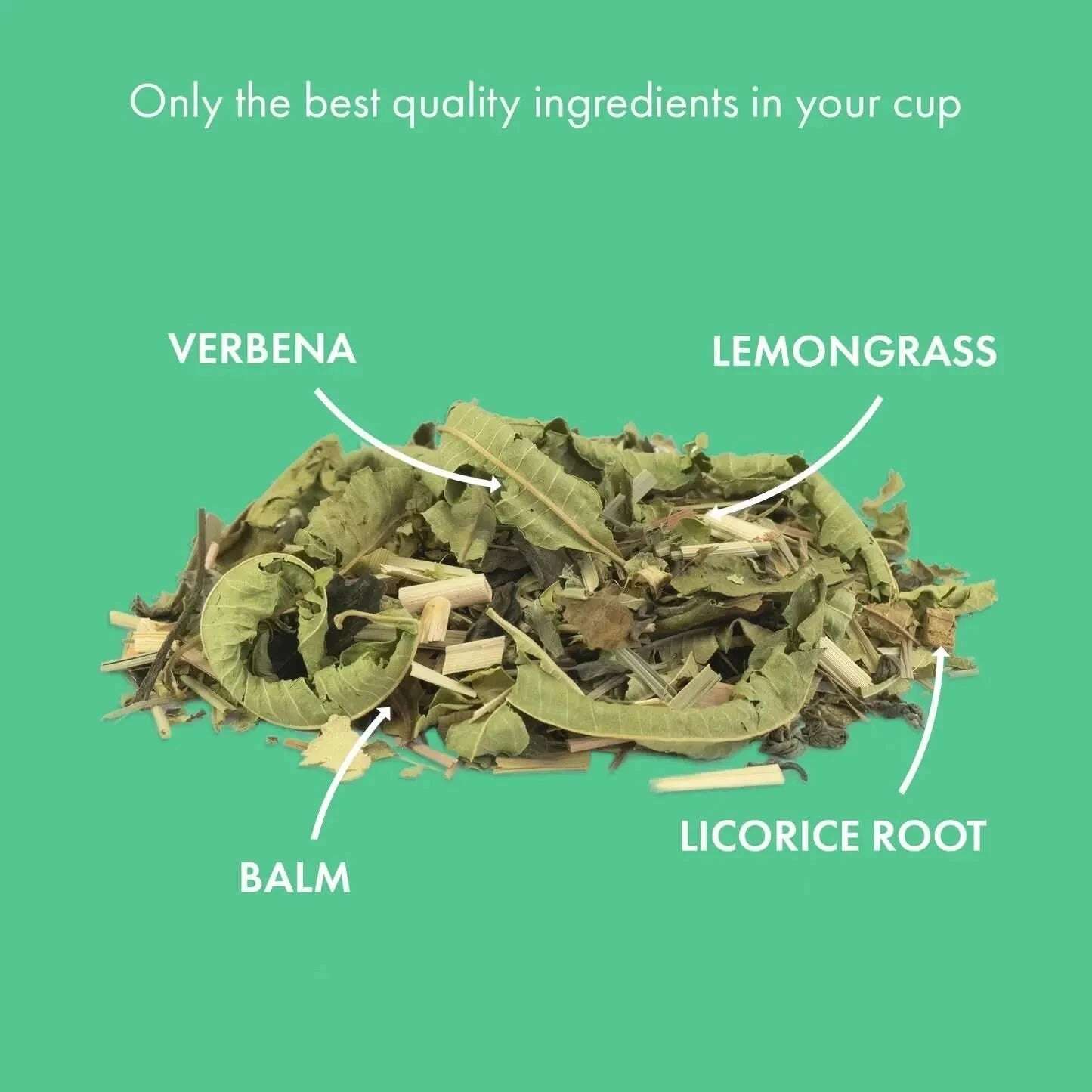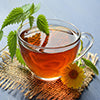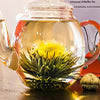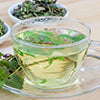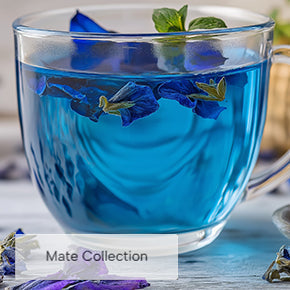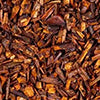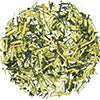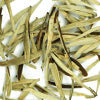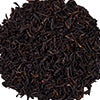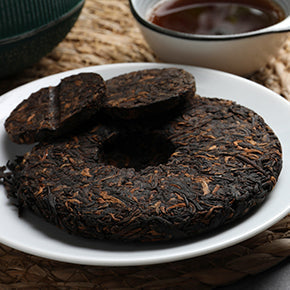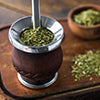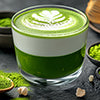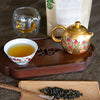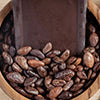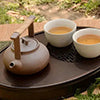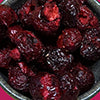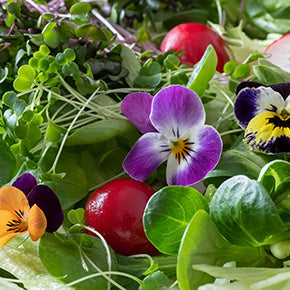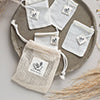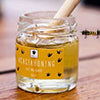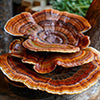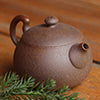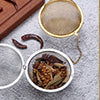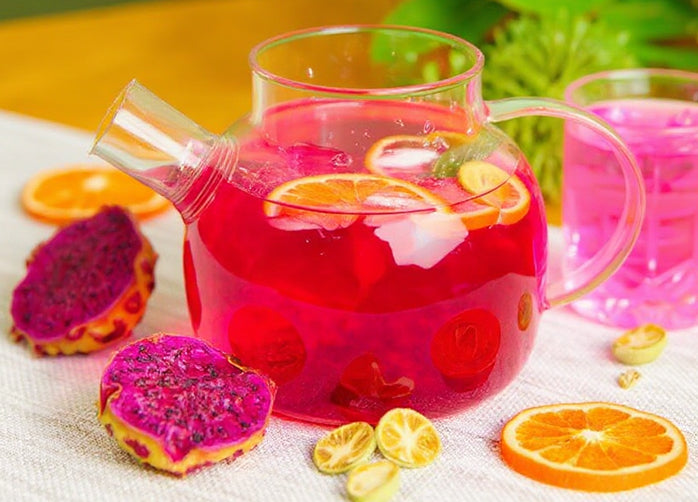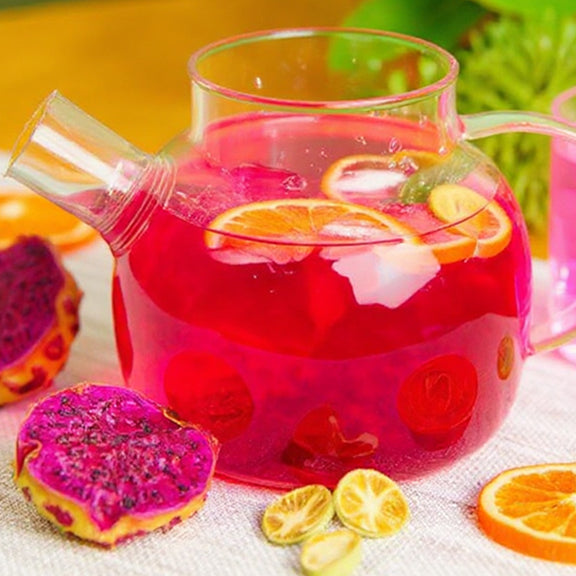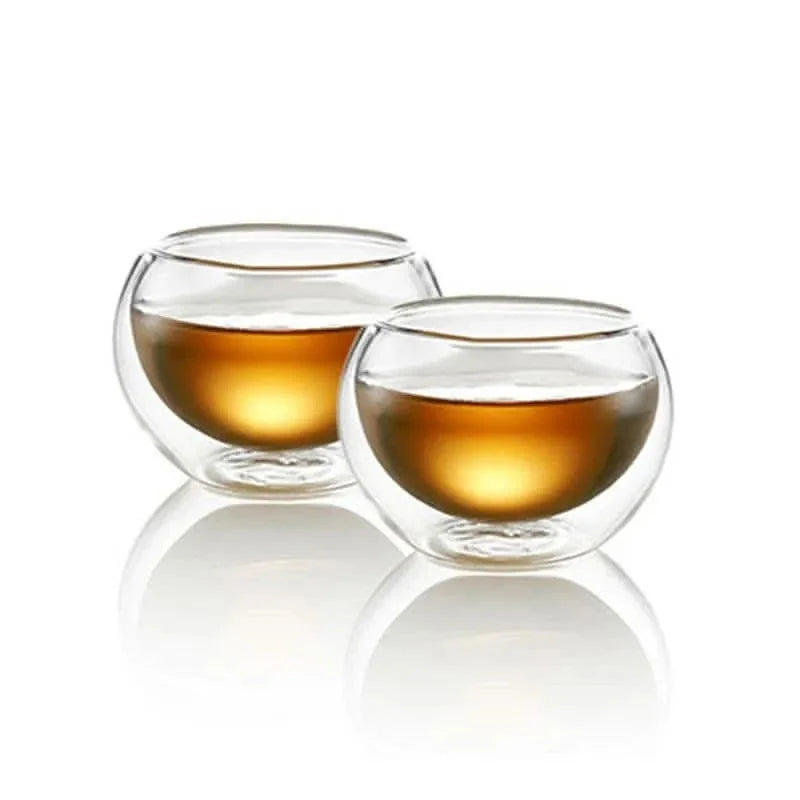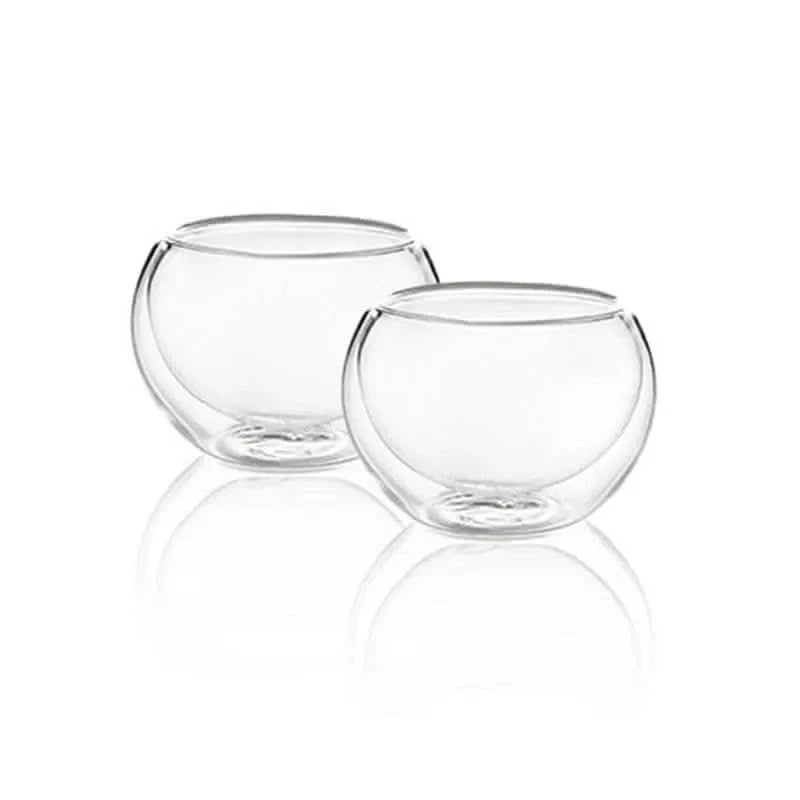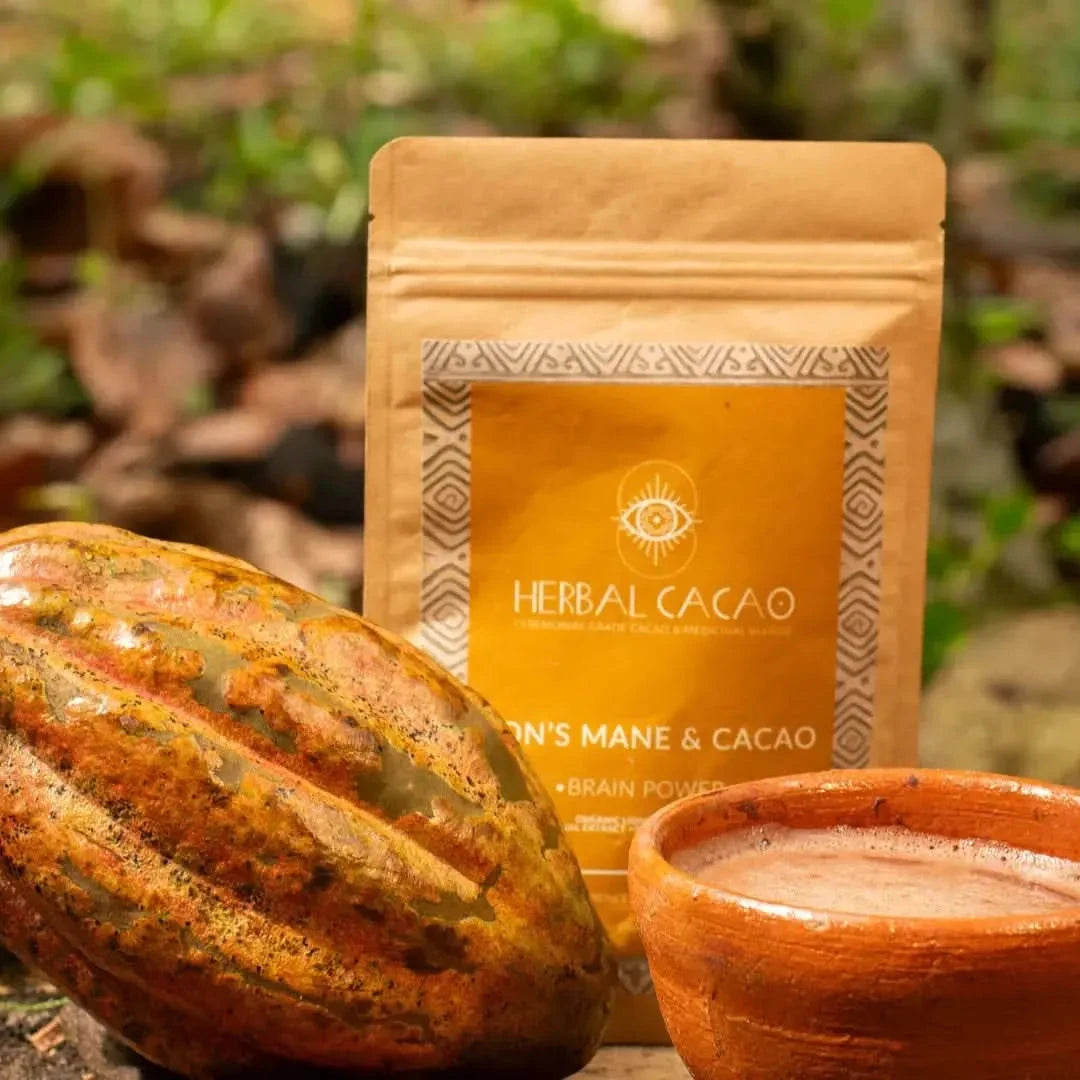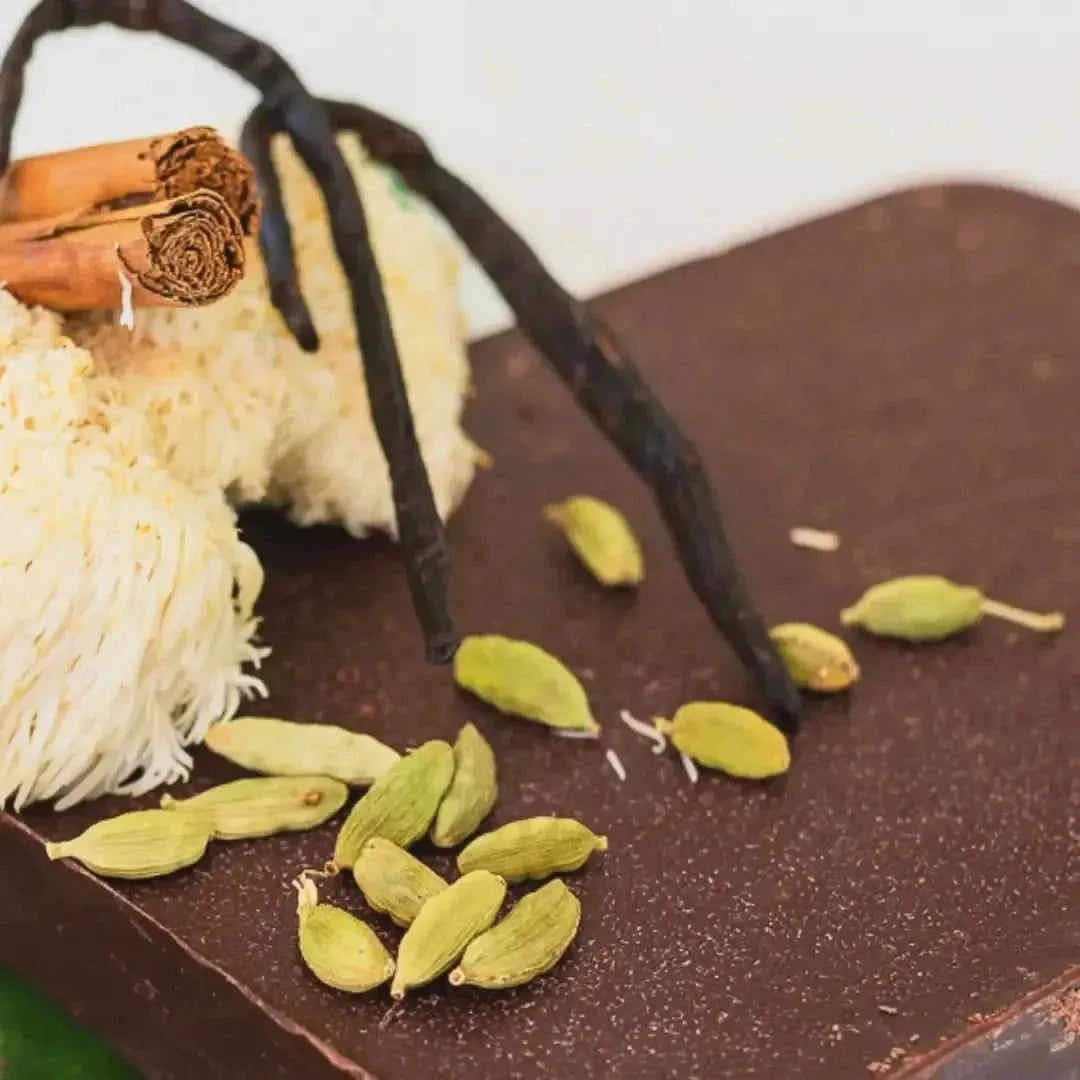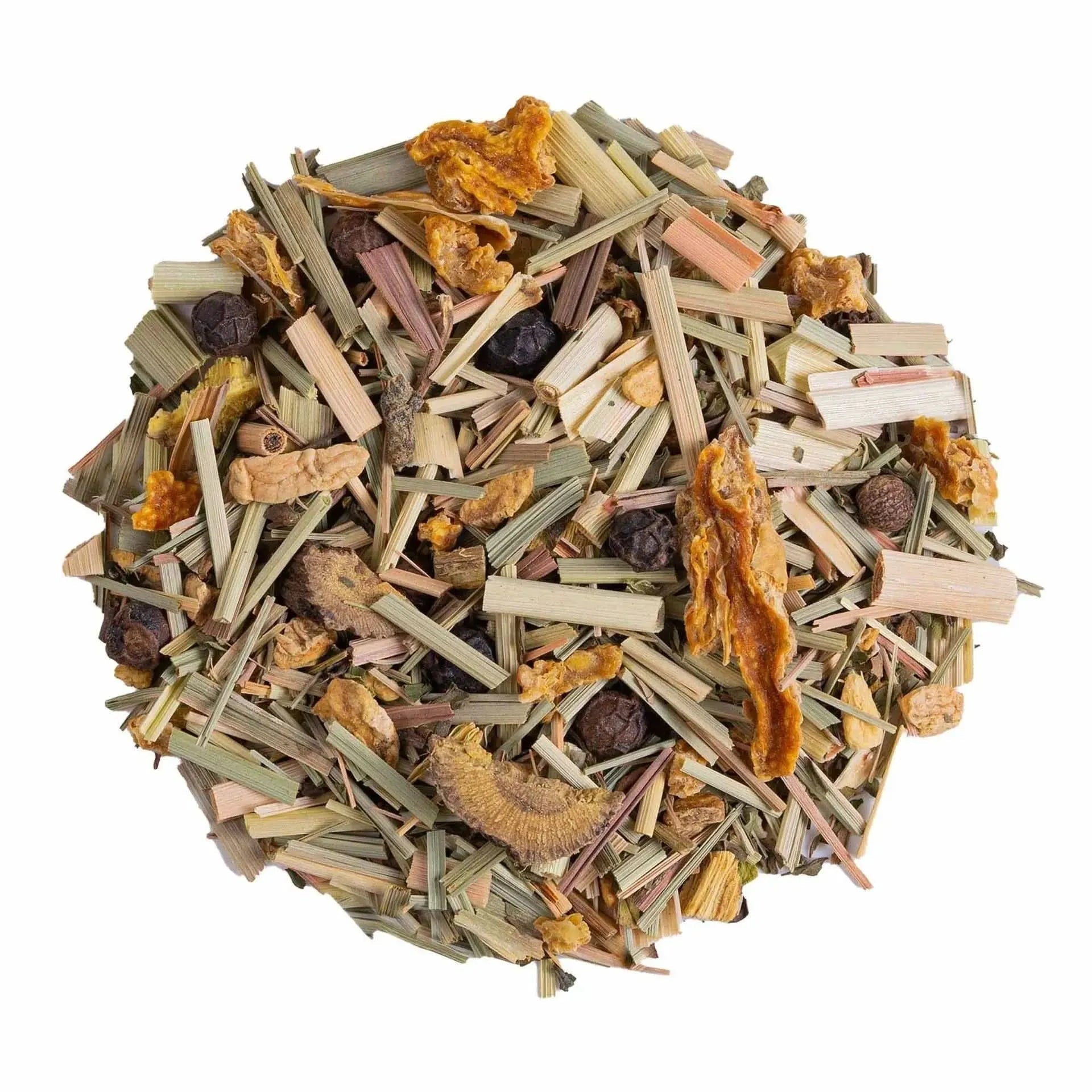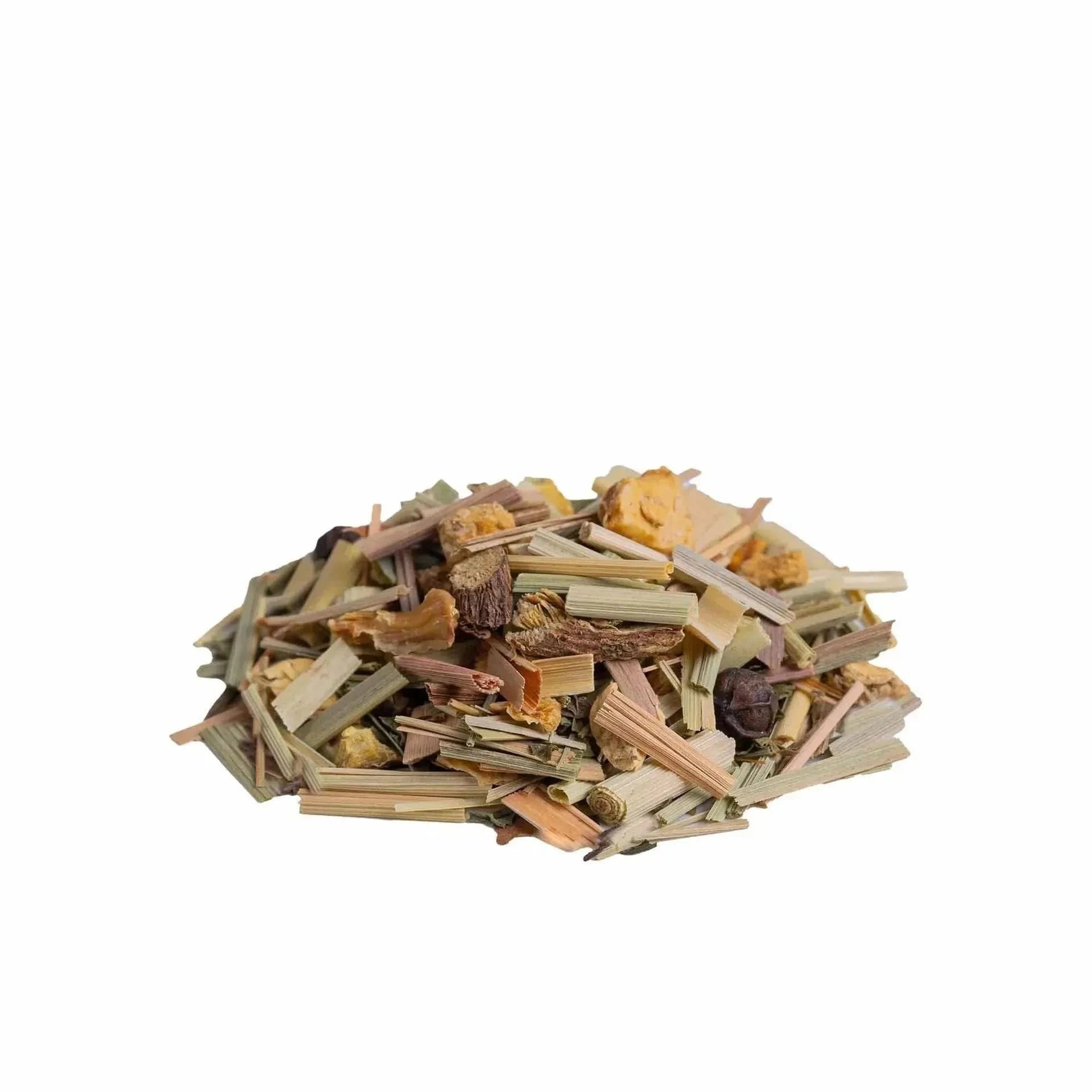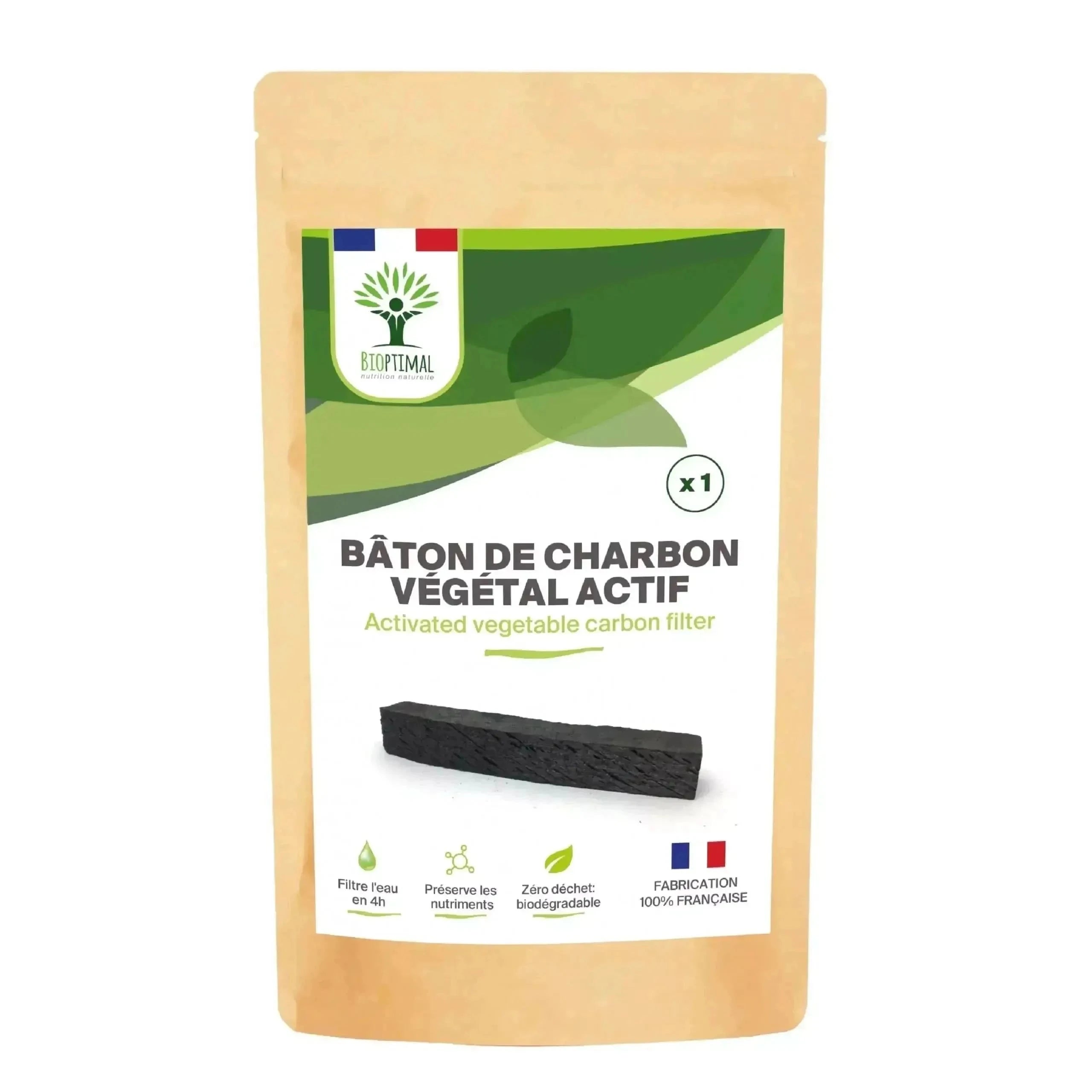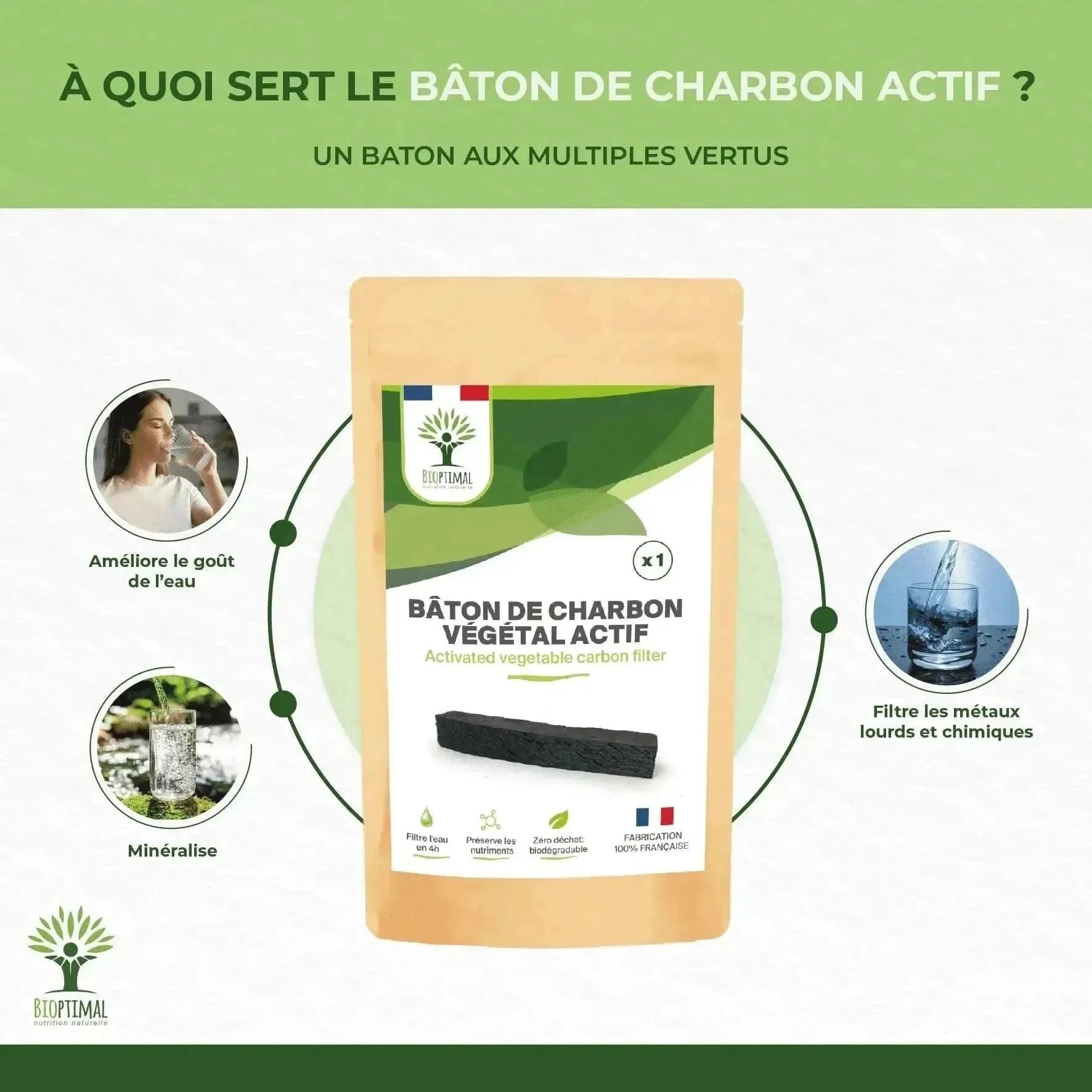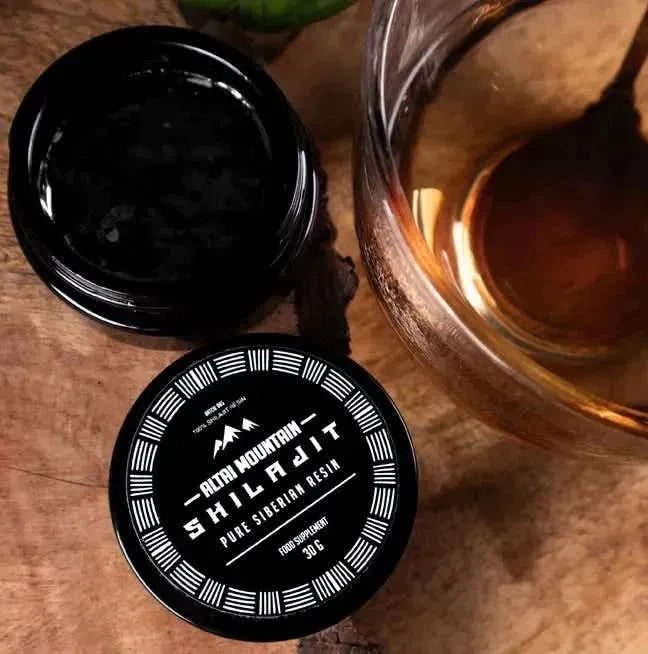White Tea
Filter
Sort by:
Description
The Delicate Art of White Tea
White tea represents nature's purest expression of Camellia sinensis, requiring the most meticulous harvesting and gentlest processing of all tea varieties. This exquisite tea undergoes minimal processing, preserving the natural characteristics of the youngest buds and leaves. Primarily produced in China's Fujian province, particularly the Fuding region, white tea captures the essence of spring's first growth.
Unlike other tea types, white tea processing involves simply harvesting and drying, with no rolling, oxidation, or heat processing. The finest grades consist almost entirely of tender buds covered in silvery down, while select varieties may include a small proportion of young leaves. This minimal handling preserves the tea's natural sweetness and delicate flavors.
The careful plucking standard requires harvesting only in the early spring when the newest buds are at their peak. These buds, covered in fine white down, give the tea its name and contribute to its subtle character. Quality assessment focuses on the uniformity of the buds, the presence of downy hairs, and the resulting liquor's clarity and sweetness.
White tea produces a pale, luminous infusion with subtle honey notes and a silky smooth texture. The flavor profile ranges from delicate floral hints to gentle honey sweetness, with each variety offering its unique characteristics. Premium grades create a refined drinking experience that tea connoisseurs particularly treasure.
Traditional white tea production remains centered in specific regions where generations of expertise inform every step of the process. This heritage, combined with ideal growing conditions, contributes to the tea's distinguished character and continued prestige in the tea world.
Types
Premium White Tea Varieties
Silver Needle (Bai Hao Yin Zhen): The most prestigious white tea.
- Composed purely of spring buds
- Distinctive silver-white down covering
- Produces champagne-colored liquor
- Delicate honeysuckle notes
- Smoothly sweet finish
White Peony (Bai Mu Dan): Classic white tea blend.
- One bud with two leaves
- Sage green leaves with silver buds
- Fuller-bodied infusion
- Notes of honey and melon
- Refreshing character
Tribute Eyebrow (Gong Mei): Traditional variety.
- Larger leaf style
- Historical significance
- Golden infusion color
- Subtle fruit notes
- Natural sweetness
Long Life Eyebrow (Shou Mei): Robust white tea.
- Made from more mature leaves
- Darker leaf appearance
- Amber colored liquor
- Nutty characteristics
- Full-bodied taste
Benefits
Health Properties and Benefits
White tea offers unique health benefits due to its minimal processing and high concentration of natural compounds:
- Rich in Antioxidants: Contains the highest concentration of antioxidants among all tea types, helping protect cells from environmental stress
- Gentle Energy: Natural caffeine content provides subtle energy without jitters, complemented by L-theanine for mental clarity
- Skin Health Support: Antioxidants help maintain healthy skin and support its natural protective functions
- Cardiovascular Benefits: Regular consumption may support healthy blood vessel function and circulation
- Natural Wellness: Traditional wisdom values white tea for its ability to support overall wellbeing and vitality
- Immune Support: Contains compounds that may help maintain the body's natural defense systems
- Hydration: Its delicate nature makes it an excellent choice for daily hydration
The minimal processing preserves these beneficial compounds, making white tea a gentle yet effective addition to a healthy lifestyle.
Instructions
Technical Specifications
Processing Parameters:
- Plucking Standard: Spring buds and youngest leaves
- Withering Period: 24-36 hours
- Drying Temperature: 25-30°C
- Humidity Control: 60-70%
- Final Moisture Content: 2-3%
Quality Indicators:
- Bud-to-Leaf Ratio Analysis
- Down Coverage Assessment
- Uniformity Evaluation
- Infusion Clarity Testing
- Aroma Profile Analysis
Technical Requirements:
- Light Exposure Control
- Temperature Monitoring
- Humidity Regulation
- Airflow Management
- Storage Environment Control
Storage Specifications:
- Temperature: 18-22°C
- Humidity: 45-55%
- Light Protection Required
- Aroma Isolation Essential
- Regular Quality Checks
FAQs
